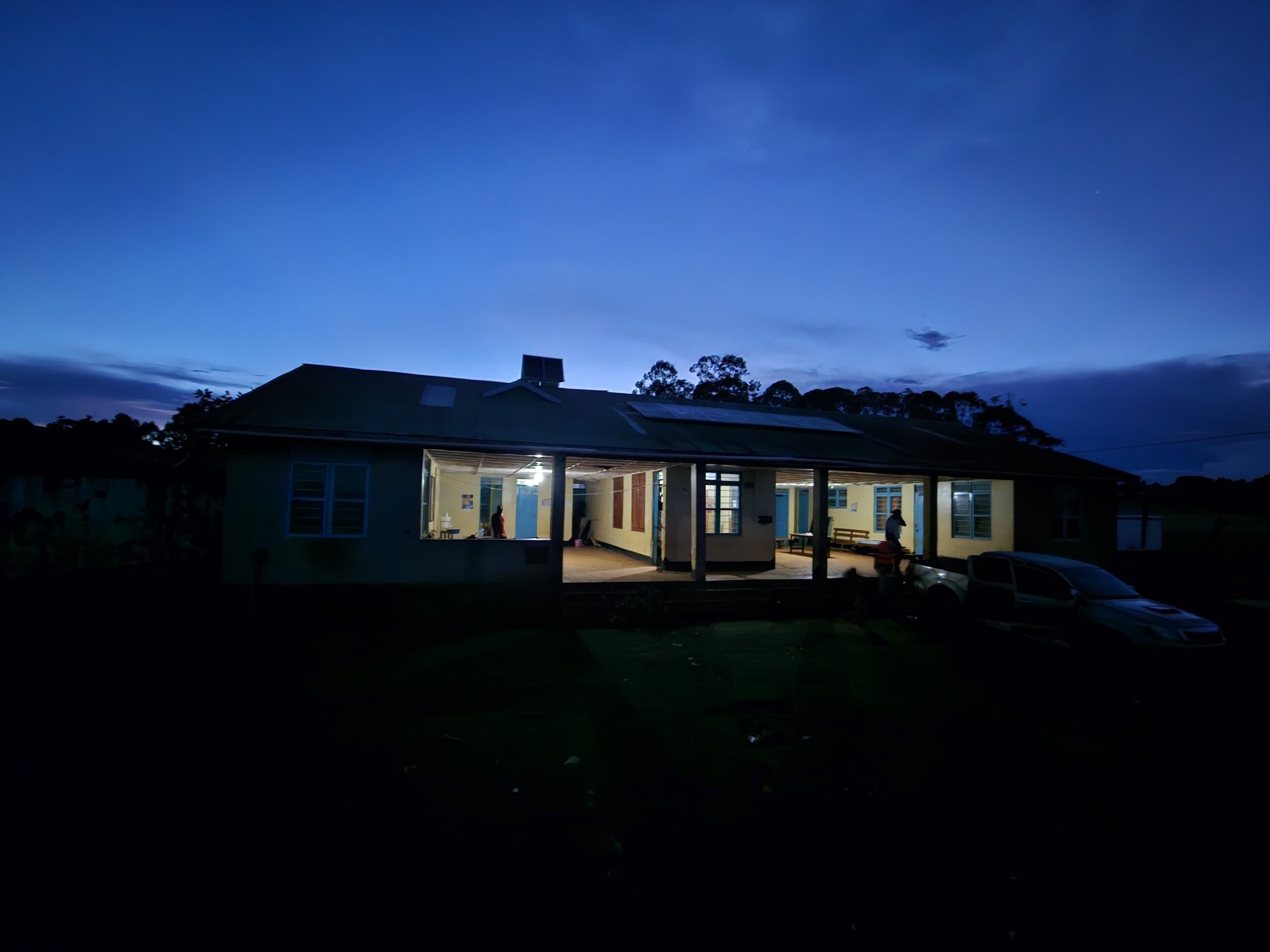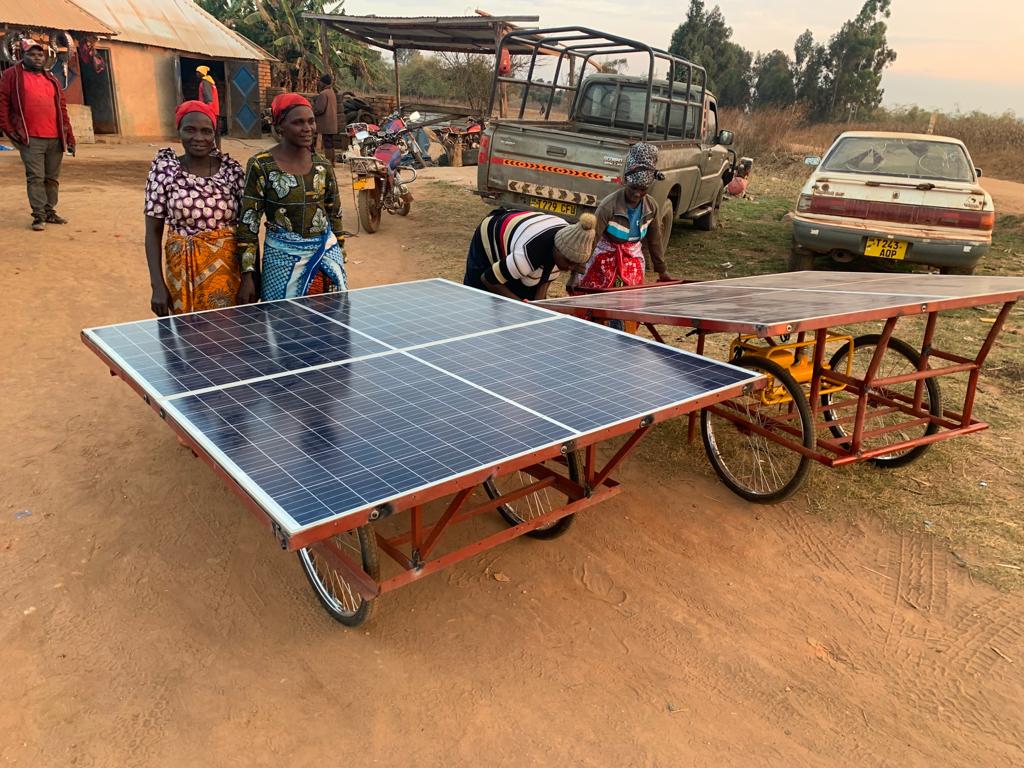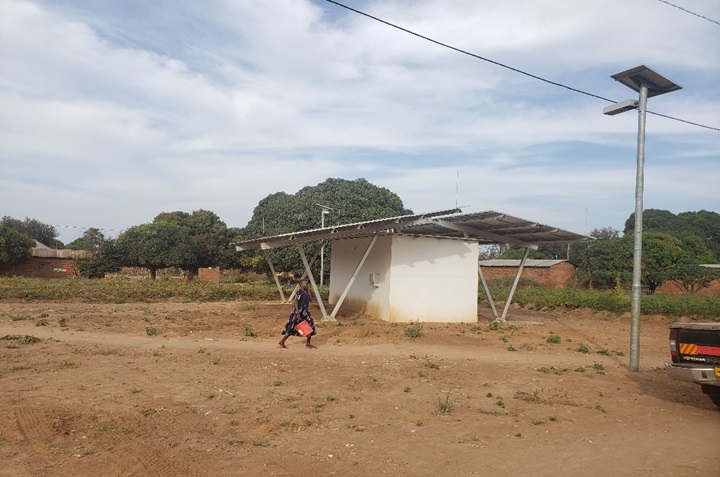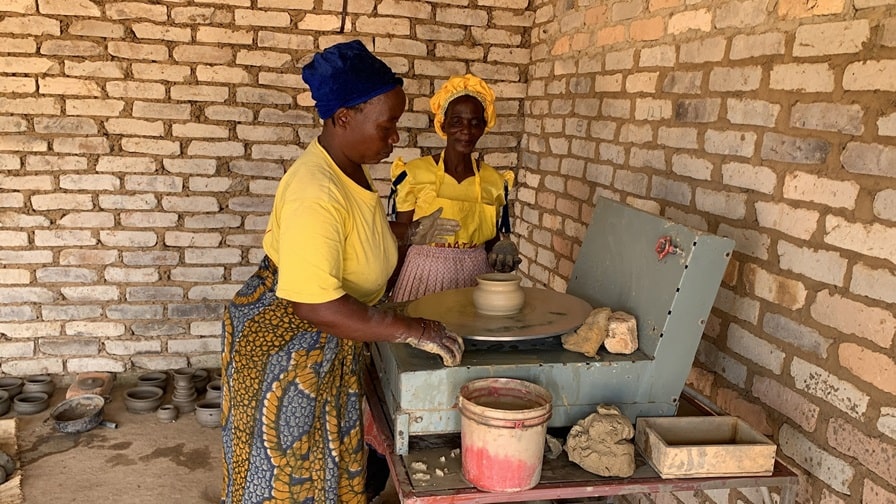With access to reliable electricity installed by Elico Foundation, villagers have embarked on a journey of self-sufficiency and economic growth.
Kongwa. The introduction of solar power in Leganga Village, Kongwa District, has ignited a wave of entrepreneurial activity, transforming the lives of residents, particularly young people and women.
With access to reliable mini-grid electricity installed by Elico Foundation, villagers have embarked on a journey of self-sufficiency and economic growth.
Salome Isomela, a 28-year-old housewife, exemplifies the transformative power of solar energy.
She has seized the opportunity to establish a stationery shop in her home, providing a much-needed service that once required a 13-mile trek to the nearest town.
“I used to depend on my husband for everything,” Salome explains, “but now I can earn between Sh18,000 and Sh21,000 per day, empowering me to contribute significantly to our family’s well-being.”
Salome’s entrepreneurial spirit extends beyond her stationery shop.
She also harnesses the power of solar energy to bake cakes and make juice, catering to a customer base that eagerly seeks her unique offerings.
Her success has spurred her to envision a larger facility to accommodate her growing business.
The abundance of sunshine in the village ensures the uninterrupted flow of solar energy, making it a preferred choice over the Rural Electricity Agency’s (REA) grid-connected power.
Unlike the grid, solar power eliminates the frustration of outages, allowing businesses like Salome’s to operate smoothly.
Anderson Chilingo, the village chairman, applauds the impact of solar power on the community, highlighting its ability to extend beyond individual households.
Street lights installed under the program have dispelled darkness, enhancing security and fostering a vibrant nightlife for entrepreneurs.
The overwhelming demand for solar power, even in areas served by the REA grid, underscores its transformative potential.
Elikana Sehaba, Elico Foundation’s field officer, the organization behind the solar power initiative, acknowledges the surge in requests and plans to expand their capacity.
“Young people and women are at the forefront of this demand,” Sehaba observes, “as they recognize the opportunities for self-employment and income generation.”






